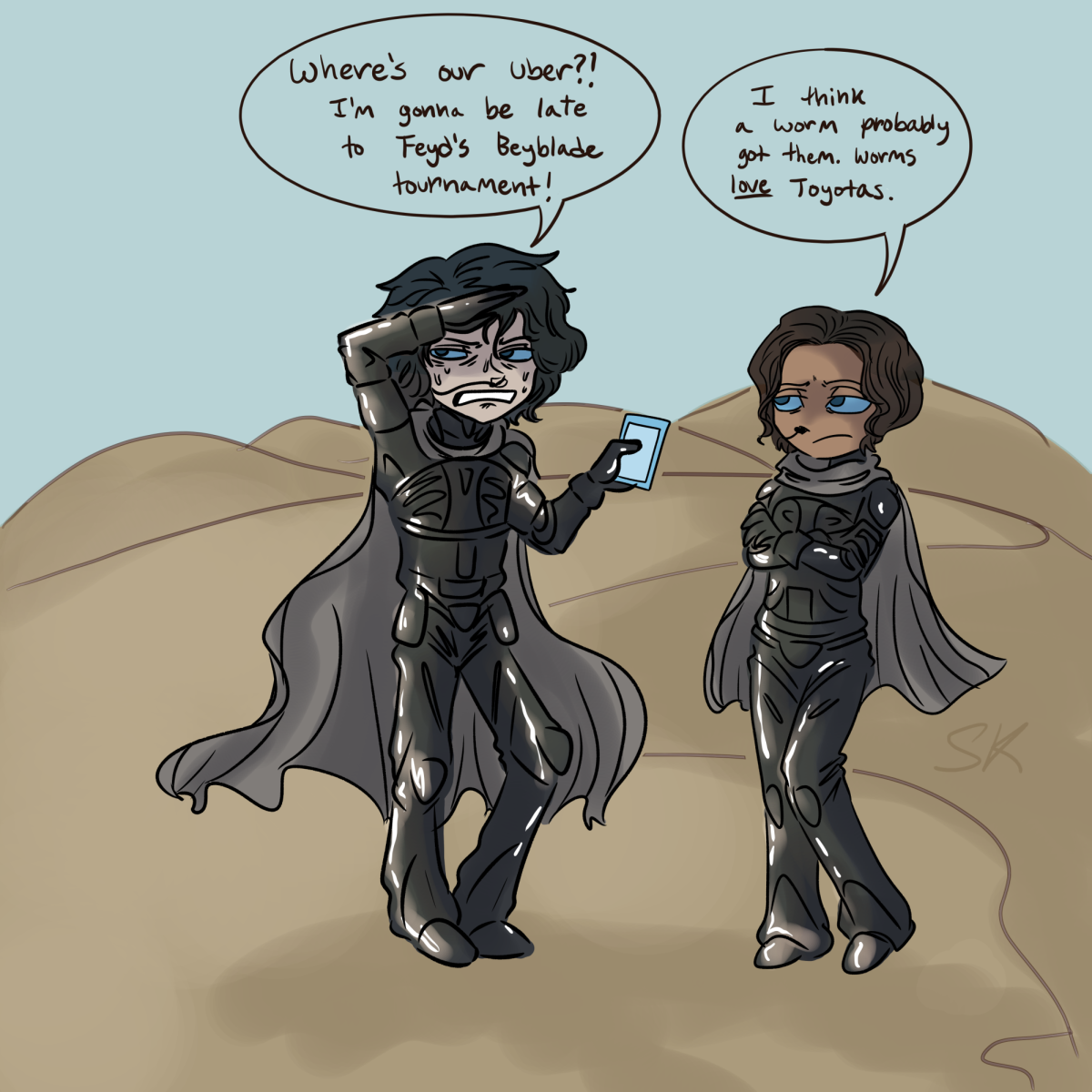My threshold for listening to the endless streams of pop and country music that invade Upper Peninsula radio stations is very high. I can sing along to Rascal Flats and Avril Lavigne or I can Shut Up and Drive with Rihanna. But even I have my limitations, which is why listening to online radio has become essential to my sanity.
With the RIAA (Recording Industry Association of America) playing the role of the school bully and shaking down college students for their lunch money if they attempt to download “free” music, online radio has become doubly important in giving listeners a fresh, legal alternative to the monotonous playlists of their local radio stations.
Familiar faces are taking notice of this most recent free lunch. According to the Web site, Wired.com, SoundExchange, a RI A A-associated organization, is trying to change the royalty rates that webcasters pay.
The old system had them paying between 6 and 12 percent of their total revenue, depending on their audience reach. The new system would charge a flat fee for every song ever listened to.
Not long ago there was an era where thousands of listeners could enjoy music in the comfort of their homes without someone counting out fractions of pennies. The RIAA, an organization that has proven itself time and again to be masters of lurking in the legal gray areas created by rapidly growing technology, now wants to make sure that someone, preferably them, gets paid for every single song listened to online.
Pandora, a webcaster that offers listeners the chance to create hundreds of channels, would be hit hard by this system. If Pandora had to pay the annual $500 minimum for each channel, the math of 300 million users using hundreds of channels each would run up a sound-recording royalty bill of about $2 billion, according to Wired’s article “Royalty Hike Panics Webcasters.”
“The rates are disastrous,” said Joe Kennedy, CEO of Pandora, “I’m not aware of any internet radio service that believes it can sustain a business at the rates set by this decision.”
If the larger players in streaming radio are finding it difficult to cope with these expensive shackles, small-scale stations that offer streaming as a bonus won’t be able to keep afloat either., Stations such as NMU’s Radio X will no longer be able to offer this option if the noose is tightened.
Those in the webcasting community are pinning their hopes on the Internet Radio Equality Act (IREA), which would level the playing field by making online radio stations pay what satellite radio stations do. Instead of having the Copyright Royalty Board determine the royalty rates, these rates would lock in for both mediums at 7.5 percent-of-revenue.
There has been an overwhelming stream of support on the part of all involved in this issue. The efforts made by webcasters, listeners and recording artists in this cause have already led to some steps in the right direction.
On June 26, the internet radio industry organized a day in which they all went silent in order to raised the public’s awareness of their plight.
In an Aug. 23rd press release, it was reported by Savenetradio that an agreement was reached between SoundExchange and the Digital Media Association that will put a $50,000 cap on the $500 per channel minimum royalty.
Those who value the services provided by Internet radio are encouraged to keep letting their congressional representatives know how they feel.
I implore students to take up this cause, and to be on the lookout for the vultures which circle over similar issues.
There will always be a buck to be made cashing in on the technological gray areas; and if we aren’t able to keep up, we could end up getting charged for every service ever rendered..























